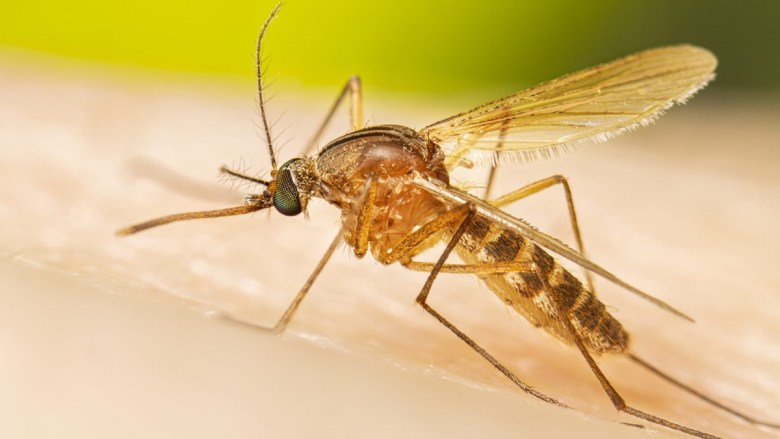Mosquitos collected at several testing sites in northern Weld County have tested positive for West Nile Virus, county health officials announced July 7.
“The increasing hot weather often leads to favorable conditions for the Culex mosquito that carries West Nile virus,” said Jason Chessher, Executive Director of the Weld County Health Department. “The public needs to be vigilant because West Nile Virus has a permanent summer presence in Colorado.”
Weld County Public Health and Environment trapped mosquitoes in several towns in Weld County that tested positive for West Nile Virus, according to the county.
A Weld County contractor monitors the county’s traps in three zones.
The most northern zone, Zone 1, includes Greeley, Evans, Kersey, LaSalle and the surrounding area. The zone near the middle county is Zone 2 and it includes Johnston, Milliken, Platteville and the surrounding area. Mosquitoes trapped in Zones 1 and 2 have tested positive for West Nile, according to officials.
Zone 3 is the most southern zone and it includes Fort Lupton, Dacono and Firestone and the surroundings. Tests at traps from those communities have not shown West Nile virus so far.
No human cases reported
Weld County testing will continue to monitor the West Nile Virus as officials report an increase in Culex mosquitoes carrying the virus. According to health officials, no human cases of West Nile have been reported in Weld County. As the weather stays hot in July and August, the number of Culex mosquitoes infected with the West Nile virus is expected to rise.
According to officials, it takes between three and 14 days for West Nile Virus symptoms and infection to appear. The symptoms include fever, headache, nausea, vomiting, muscle aches, weakness, and rash; however, some individuals may not experience any symptoms.
If you think you have symptoms, contact your healthcare provider immediately. Officials say there are no medicines to treat or vaccines to prevent West Nile Virus. Fewer than one percent of infected people develop a serious, sometimes deadly, neuroinvasive illness.
According to health officials recommend following the four “D’s” to prevent mosquito bites:
• DRAIN standing water around your house weekly. Remember to drain water from tires, cans, flowerpots, clogged rain gutters, rain barrels, toys and puddles.
• DUSK and DAWN are when mosquitoes are most active. Limit outdoor activities and take precautions to prevent mosquito bites during these times.
• DEET is an effective ingredient to look for in insect repellents. Other repellents containing picaridin, IR3535, oil of lemon eucalyptus, or para-menthane-diol are also effective against mosquitoes. Always follow the product label instructions carefully.
• DRESS in long sleeves and pants, and a hat, in areas where mosquitoes are active.
For more information about preventing mosquito bites and West Nile Virus, including a map of mosquito zones and trapping and testing updates, visit weld.gov/go/zoonosis


